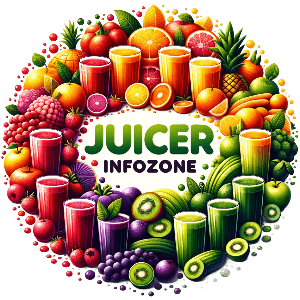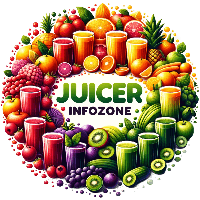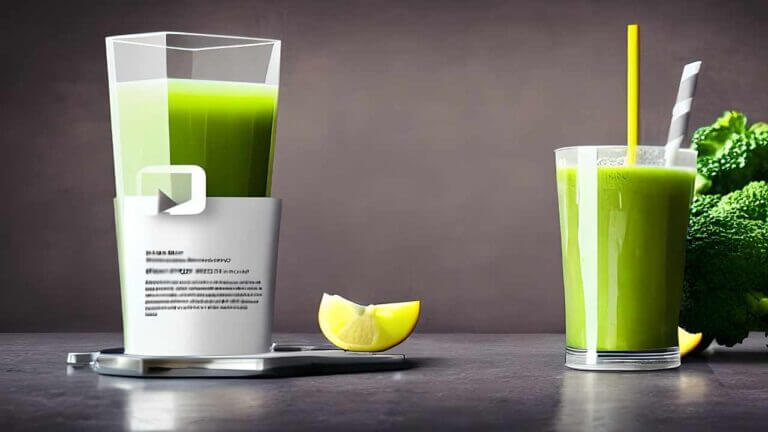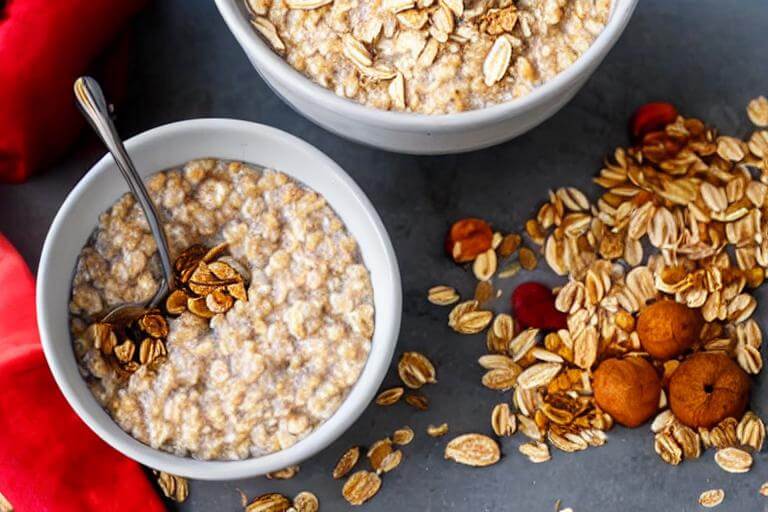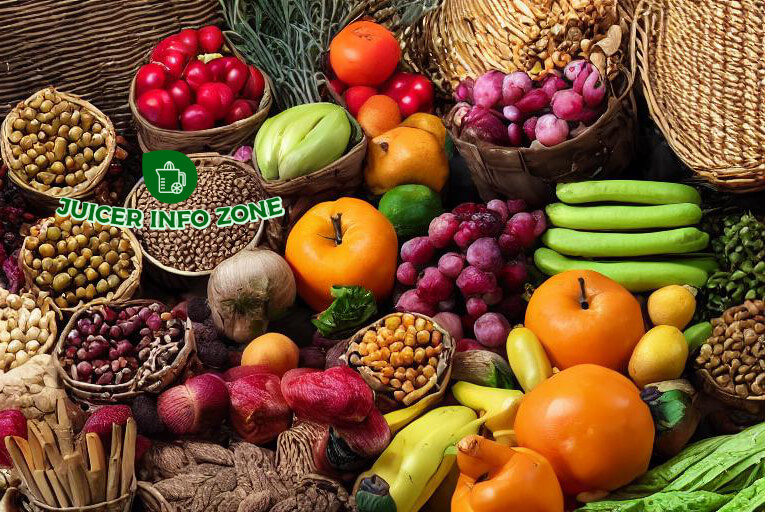How Safe Is Juicing?
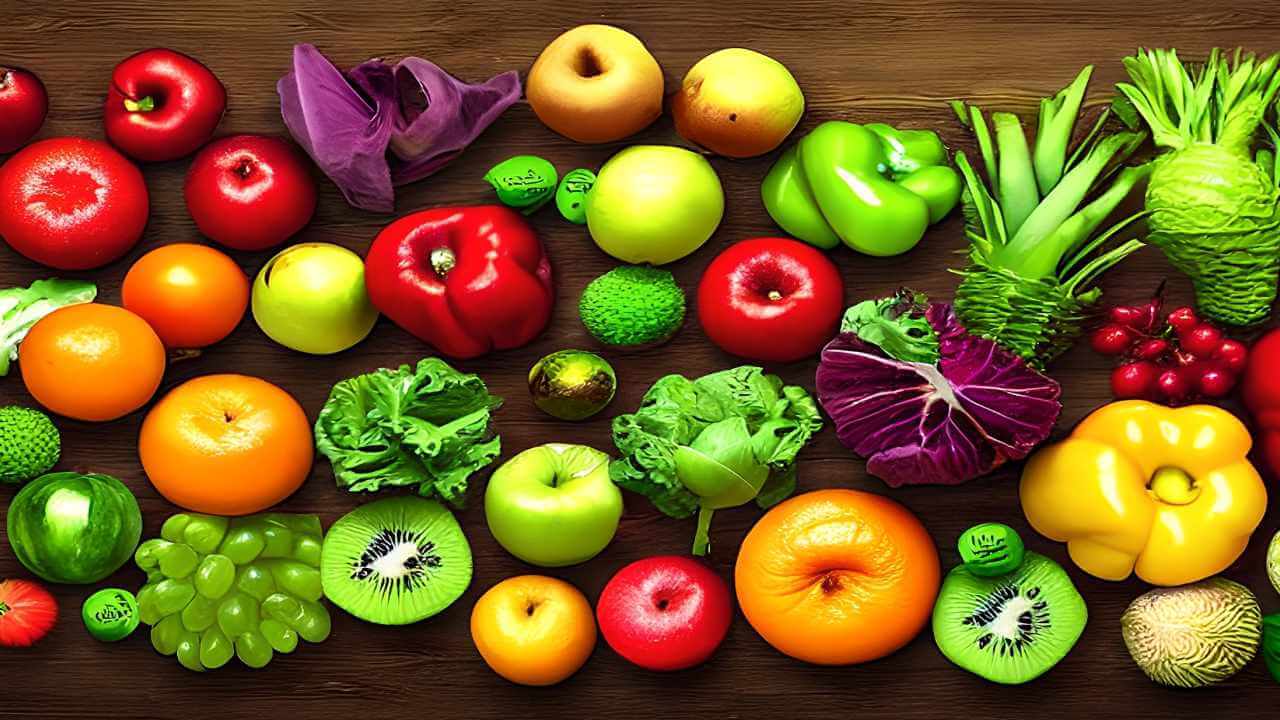
As we already discussed, just because something seems harmless does not make it so. Just like drinking alcohol or smoking cigarettes is harmful to your health, making poor juice choices can do some serious damage to you.
Some people believe that juicing is an even better way to give your body the necessary nutrients than eating foods. This is false!
When you eat fruits and vegetables, your digestive system has to process and taste all of the different components. It takes time to do this, which means more exposure to potentially dangerous chemicals or additives in the food.
With juices, these chemicals are mostly removed before being ingested, which makes them much safer. However, this also means there are no nutritional benefits from those fruits and veggies!
There are many reasons why consuming only juices is not the best idea. Thankfully, there are alternatives that do not require buying pre-made juices at a cost factor! Let’s discuss them!
Removing the word “juice” and replacing it with “smoothie” is one example; simply mix most any fruit or vegetable with milk and drink it! Another option is using fresh produce as ingredients instead of processed ones. Unfortunately, not everyone knows how to do this yet.
We hope reading our article will help you determine if giving up liquid nutrition for a while is needed, or if staying away from juices is enough!
Disclaimer: The content in this article should be used with caution.
History of juicing
Many people now-a-days rely heavily on fruits and vegetables as part to their daily lives. With every food item being analyzed, many finding it natural or healthier than manufactured foods, there is a growing popularity of fresh produce.
A lot of this growth comes from online reviews and talk about the health benefits of certain fruits and veggies. A recent trend has been adding these fruits and veggies into your diet via either raw juices or smoothies.
Raw juice diets are quite popular today. People drink all the pulp and liquid that is removed during the process of producing the juice. Some even add in supplements and/or herbs to make the drinks more potent.
Many people have noticed significant changes in their health after starting a raw juice diet. Since they are eating plenty of vitamins and minerals, most find that their overall health improves.
Some individuals also note weight loss while on the diet. This weight lost can be due to the digestive system adjusting to the new raw materials consumed and/or the muscles using the nutrients to rebuild themselves.
There have also been reports of patients’ wounds healing faster due to the high levels of antioxidants found in some raw juices. These include vitamin C in oranges and beta carotene in carrots, just two examples!
While several studies claim that drinking enough water helps keep you healthy, one interesting study suggests that maybe drinking too much water could be harmful.
Are juices healthy?
Recent studies suggest that drinking fresh fruit juice every day is not as safe as people once thought. Some of these studies claim that too much acid in your stomach can cause damage to other parts of your body.
Acid occurs when you eat foods or drink liquids containing glucose (simple carbs) and protein. Your digestive system breaks down most of these nutrients into acids, which help us feel full.
But some of this acid may be harmful if it doesn’t get neutralized before being absorbed into your blood.
That’s why it’s important to limit your acid intake and to know how many acids you’re ingesting.
We’ve gathered information about the safety of fruits for juicing here. It seems safest to stick to one of the three basic colors: orange, green, and white.
Does it matter what type of juice I make?
If you are very health conscious, then making your own juices is an excellent way to ensure that you are getting the most important nutrients in your daily diet. By adding fruits and vegetables into liquid form, you can easily ingest all of the vitamins, minerals, and antioxidants that help keep your heart healthy, skin healthy, and internal organs functioning.
There are two main types of juices that people typically drink: freshly pressed or raw juices and blended juices. Both have their pros and cons, but unless you are extremely careful, there may be some risks involved with either one.
With that said, this article will talk about some potential dangers of drinking fresh made juices and how to prevent them.
What about allergies?
Allergies are one of the top reasons people say they can’t drink fresh fruits and vegetables due to potential health issues or even life-threatening reactions. Some people develop allergic reactions to certain foods their body was not genetically preprogrammed to recognize as food.
Studies show that around 10% of all adults have an allergy to at least one fruit or vegetable, most commonly strawberries, nuts, celery, carrots, citrus, and wheat. (21)
People with a history of oral or systematic steroid use may also develop nutritional deficiencies because some of these supplements contain vitamins and minerals needed for proper digestion and absorption of nutrients.
Regular supplementation can help prevent this but only if you choose safe brands that do not contain any steroids or stimulants. Unfortunately, there is no national standard in place to ensure safety aside from self-experimentation!
If you experience symptoms such as hives, shortness of breath, wheezing, swelling, itchy skin, vomiting, diarrhea, or trouble breathing after eating anything, talk to your doctor about limiting which fruits and veggies are good for you.
What about contaminants?
Even though there are some initial concerns about health effects of drinking your own juices, they seem to be waning. A growing number of studies show that most people can enjoy juicing without too much concern.
Contaminants like chlorophyll, sugar, and alcohol can potentially remain in your juice after processing. Chlorophyll is an antioxidant that helps reduce oxidative stress, which has been linked to cancer and other diseases.
But according to a study conducted by Harvard Health, eight ounces (about the size of a tall glass) of fresh vegetable or fruit juice every day may reduce death rates from cardiovascular disease.
And although one recent case report described liver damage in someone who drank three bottles of green tea containing tannins within twenty-four hours of ingesting a purified wheat starch product, nutritional supplements are not recommended during an acute illness.
So unless you have symptoms of toxicity, it’s probably safe to drink your morning juice.
What about the environment?
Recent studies have shown that there are many harmful chemicals in most fruits and vegetables, including chlorophyll. These include pesticides, heavy metals such as arsenic, and other potentially toxic substances like fluoride and bromine.
Some researchers believe that these toxins can negatively affect our health by acting as endocrine disruptors. Endocrine disruption is when external factors interfere with normal hormone function.
For example, BPA (bisphenol A) is an active ingredient in some plastic products. Although it was once thought to be safe, recent research has linked BPA to obesity, diabetes, reproductive issues, and more.
Fortunately, you can easily source natural alkaline minerals from dried fruit or fresh produce.
What should I add to my juice?
While some claim that adding fruits or vegetables to your drink helps you meet your daily health goals, there are also risks involved in drinking your carton of juices every day.
Some additives can be harmful when consumed alone or excessively. For example, carrots contain vitamin A which is important for healthy vision and skin, but too much can cause eye damage. Broccoli is rich in many vitamins such as Vitamin C, B6, and folic acid, but too much can lower blood levels of iron, b12, and folic acid.
Many people believe that drinks with added veggies are better for you because they include water, so your body will not overabsorb the liquid content. However, no one knows how different types of juices affect digestion and absorption in exactly the same way as eating fresh produce!
It is best to stick to drinking one cup (250 ml) of pure fruit juice or vegetable juice per serving. One bottle (500 mL) of almost any flavor juice has enough nutrition for one average-size drink. Make sure to check the ingredient list as some brands may put sugar or other additives into the product.
Should I pasteurize my juice?
While some people claim that raw juices are safer than cooked ones, this is not always the case. Pasteurized liquids are processed at a temperature lower than boiling to reduce bacterial growth.
Tracy Ruch, MEd, LPC, AIPC, author of The Raw Food Revolution Diet, says there’s no proof that pasteurized beverages are any more protective of health than liquid foodborne pathogens. In fact, she argues, fermented foods like kimchi and pickled vegetables contain live bacteria that may even be harmful when consumed in large amounts.
Furthermore, according to Harvard Health, “[b]reaking down or cooking meat can actually increase your exposure to certain nutrients. For example, eating grilled chicken rather than frying it removes most of the vitamin B6 found in chicken skin.”
Dr. William Davis, MD, director of nutrition for the American Heart Association, notes that while antioxidants such as vitamins A, C, and E protect us from oxidative stress (which can damage cells and lead to disease), they cannot withstand the heat typically used to cook foods.
